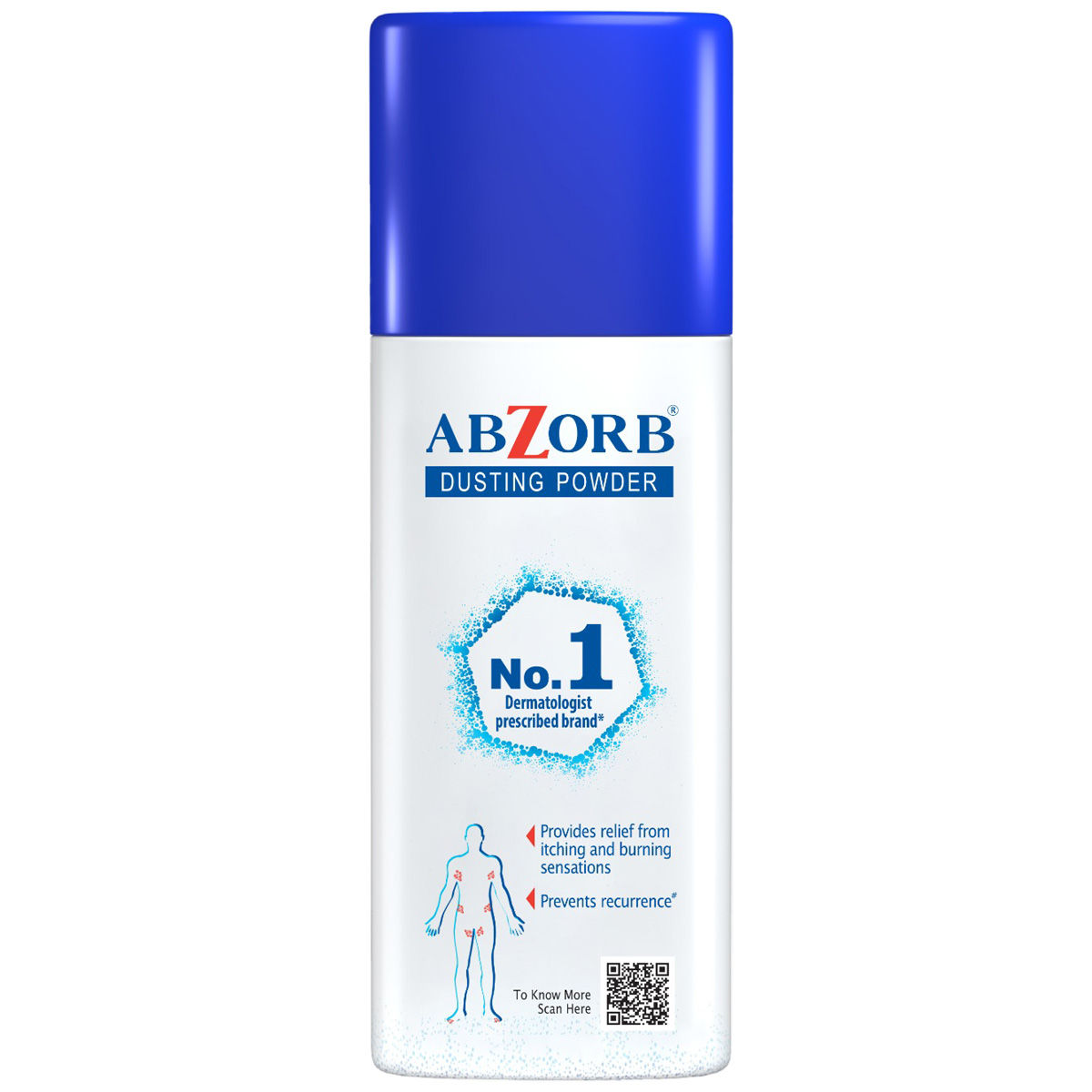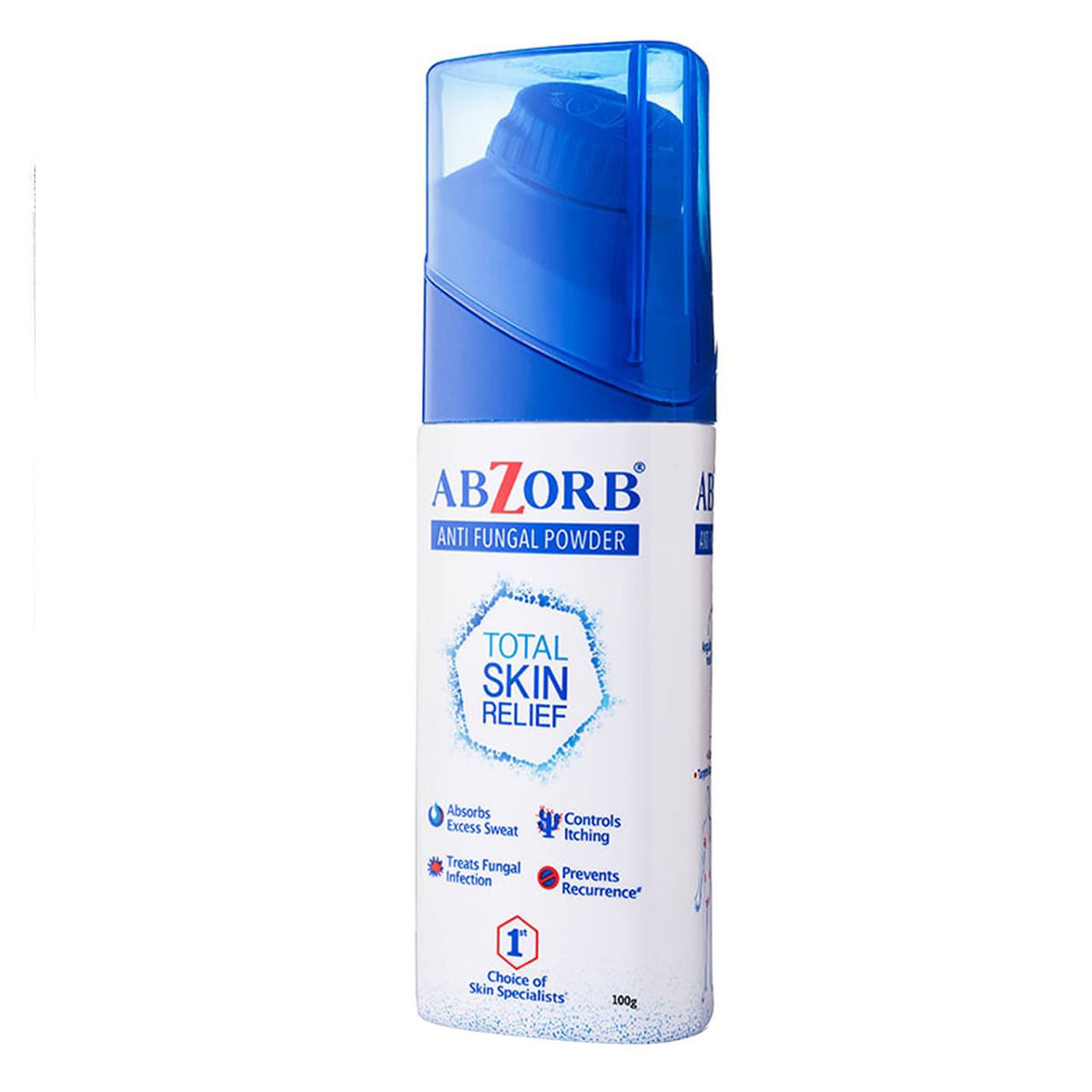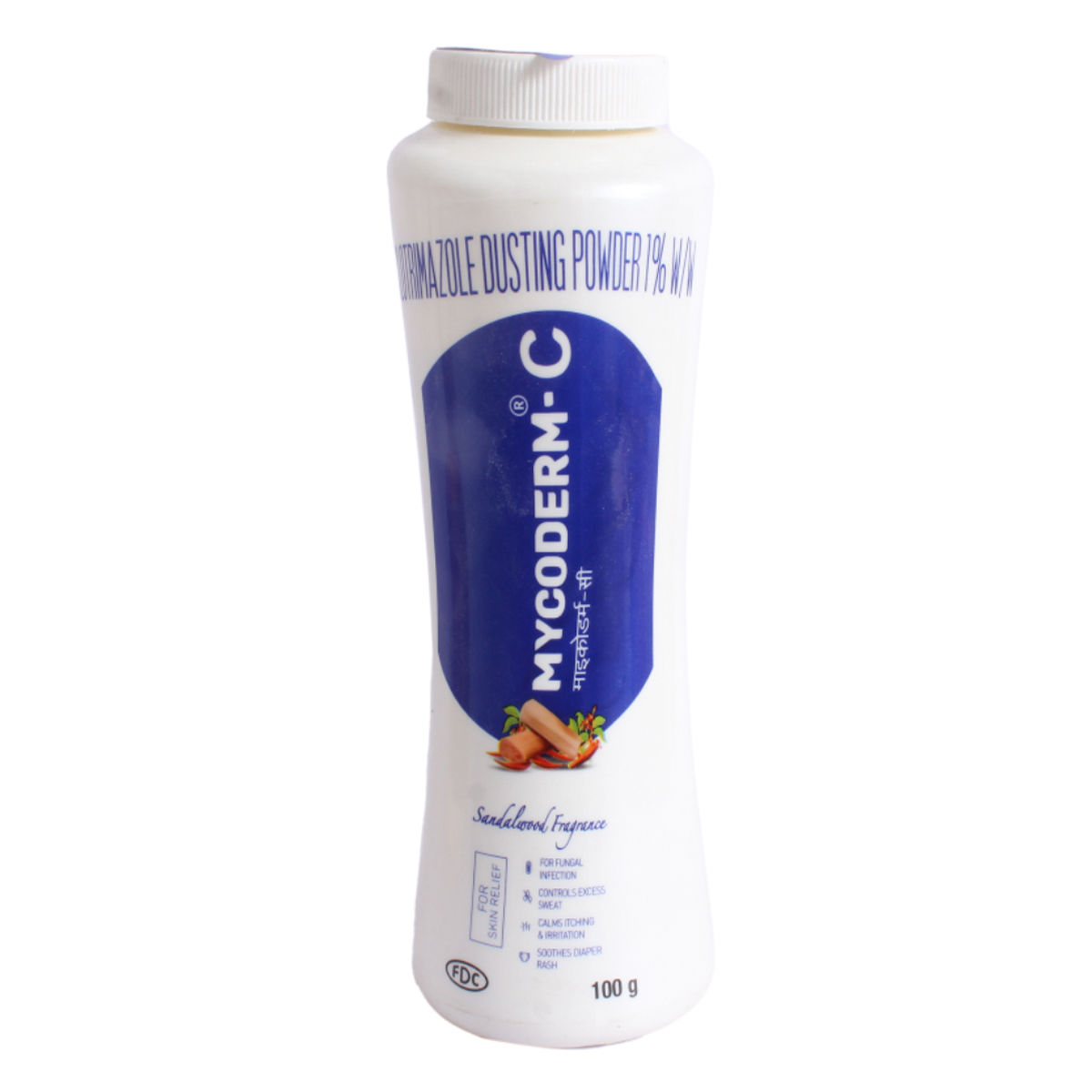Clotridep 1% Dusting Powder 100G
₹81*
MRP ₹90
10% off
₹76.5*
MRP ₹90
15% CB
₹13.5 cashback(15%)
Free Delivery
With Circle membership
(Inclusive of all Taxes)
This offer price is valid on orders above ₹800. Apply coupon PHARMA10/PHARMA18 (excluding restricted items)
Know Your Delivery Time
Provide Delivery Location


Secure Payment

India's Most Trusted Pharmacy

Genuine Products
Composition :
Manufacturer/Marketer :
Consume Type :
Return Policy :
Expires on or after :
About Clotridep 1% Dusting Powder
Clotridep 1% Dusting Powder belongs to the class of anti-fungal medications known as imidazoles, primarily used to treat fungal skin infections such as athlete's foot, ringworm, fungal nappy rash, fungal sweat rash and thrush. A fungal infection, also known as mycosis, is a skin infection caused by fungus.
Clotridep 1% Dusting Powder comprises clotrimazole, which works by destroying the fungus that causes the infection. Clotridep 1% Dusting Powder damages the fungal cell membrane and causes the components to leak out, thus killing the fungus and curing the infection.
In some cases, Clotridep 1% Dusting Powder may cause itching, redness, dryness, burning and stinging sensation. The majority of these side effects of Clotridep 1% Dusting Powder eventually fade away over time without the need for medical intervention. Consult your doctor if any side effects worsen or persist.
Consult your doctor if you are a pregnant or nursing mother. Do not use any other topical medications simultaneously along with Clotridep 1% Dusting Powder without a doctor's recommendation. Keep your doctor informed about your health condition and all the medicines you are taking to rule out any side effects.
Uses of Clotridep 1% Dusting Powder
Directions for Use
Medicinal Benefits
Clotridep 1% Dusting Powder contains clotrimazole, an antifungal medication used to treat various fungal skin infections such as athlete's foot, ringworm, fungal nappy rash, and fungal sweat rash. Furthermore, it helps to alleviate the symptoms of thrush. Clotridep 1% Dusting Powder damages the fungal cell membrane and causes the components to leak out, thus killing the fungus and curing the infection.
Side Effects of Clotridep 1% Dusting Powder
Red, irritated skin
- Burning or stinging sensation
Storage
Drug Warnings
Do not use Clotridep 1% Dusting Powder if you are allergic to clotrimazole or any of the other ingredients. If you are pregnant or nursing, consult your doctor before starting Clotridep 1% Dusting Powder. Avoid using any other topical products/medicines with Clotridep 1% Dusting Powder. Before using Clotridep 1% Dusting Powder, inform your doctor about your medical history and other medications you are currently taking in order to rule out any potential negative effects.
Therapeutic Class
Drug-Drug Interactions
Drug-Food Interactions
Diet & Lifestyle Advise
Shower on a regular basis and properly dry yourself before clothing.
- Take warm baths with mild soap.
- Don't share your bedding, towels, or clothes.
- Wearing tights or tight underwear is not recommended.
- Do not scratch the infected area. Scratching the infected skin area may spread the illness to other body parts.
- Avoid harsh soaps and deodorants or any such products.
- Avoid intercourse till the thrush is treated.
- Avoid or limit your consumption of alcohol and caffeine.
- Reduce your intake of sugar, yeast, refined carbohydrates, and mouldy foods.
Habit Forming
How Clotridep 1% Dusting Powder Works
What if I have taken an overdose of Clotridep 1% Dusting Powder
Alcohol
Safe if prescribed
No reported interaction. But, it is best to avoid alcohol while taking medication.
Pregnancy
Caution
There are no competent and well-controlled studies in pregnant women. Please consult your doctor. Your doctor will prescribe only if the benefits outweigh the risks.
Breast Feeding
Caution
Consult your doctor; there has been no significant research on the use of Clotridep 1% Dusting Powder in breastfeeding/nursing mothers. If Clotridep 1% Dusting Powder is applied to the breast or nipple, wash the area properly before nursing the child.
Driving
Safe if prescribed
Clotridep 1% Dusting Powder has no or negligible influence on the ability to drive or use machines.
Liver
Caution
Limited information is available; hence, if you have any concerns, discuss them with your doctor.
Kidney
Caution
Limited information is available; hence, if you have any concerns, discuss them with your doctor.
Children
Safe if prescribed
Clotridep 1% Dusting Powder can be used safely for children provided a child specialist has prescribed the dose.
Country of origin
Manufacturer/Marketer address
Author Details
We provide you with authentic, trustworthy and relevant information
Clotridep 1% Dusting Powder Substitute

Clozostrong-DP 1% Dusting Powder 100 gm
₹1.08per tabletLobate DP Dusting Powder 100 gm
₹1.08per tabletCandid Dusting Powder 100 gm | For Fungal Infections, Sweat Rashes, Irritation & Itching
by CANDID
₹1.60per tabletAbzorb Dusting Powder 120 gm
by ABZORB
₹1.20per tabletCandid Dusting Powder 250 gm | For Fungal Infections, Sweat Rashes, Irritation & Itching
by CANDID
₹0.98per tablet
FAQs
Disclaimer
Product Substitutes
























